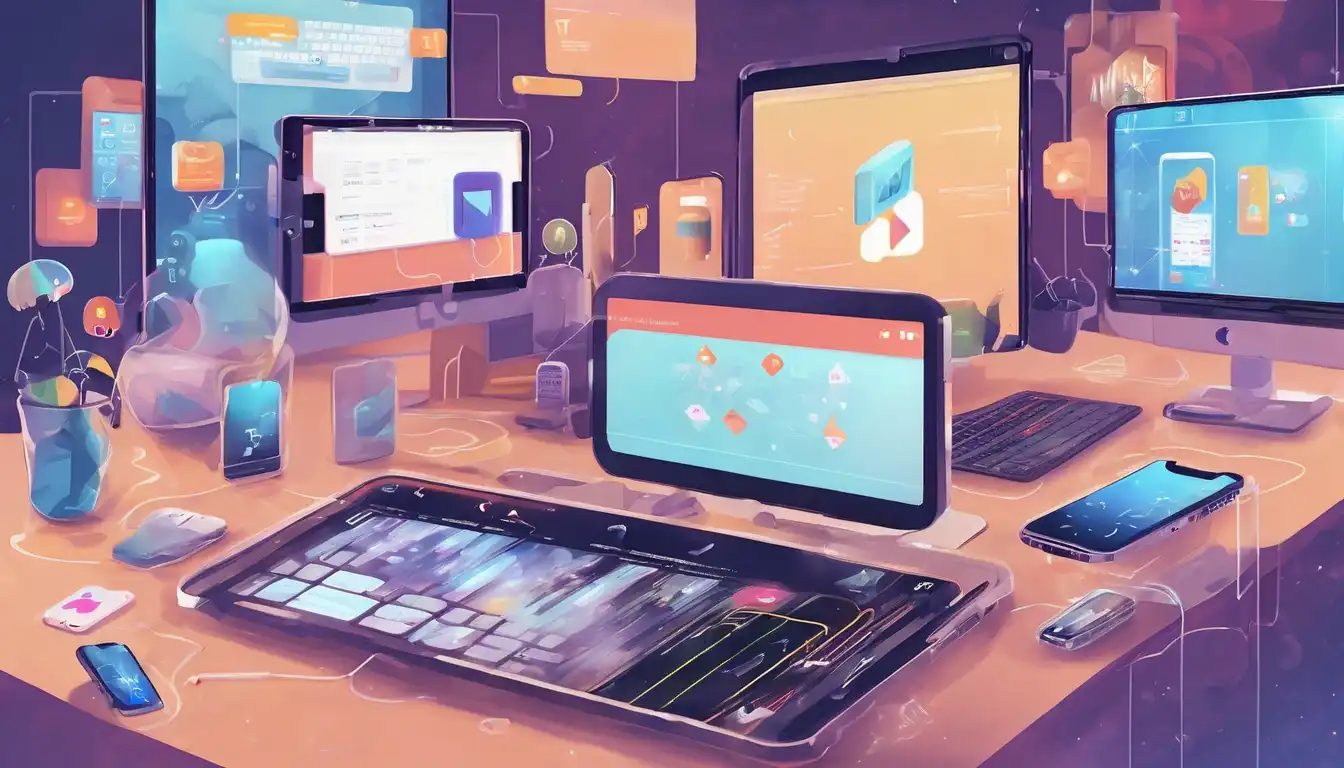Introduction to Flutter in Mobile Development
Flutter, Google's open-source UI software development kit, has revolutionized the way developers create mobile applications. With its ability to craft natively compiled applications for mobile, web, and desktop from a single codebase, Flutter is setting new standards in the development community. This article delves into the future of mobile development with Flutter, exploring its benefits, challenges, and the trends shaping its evolution.
Why Flutter is Gaining Popularity
Flutter's popularity stems from its fast development cycle, expressive and flexible UI, and native performance. Developers appreciate the hot reload feature, which allows for real-time code changes without losing the application state. Moreover, Flutter's rich set of customizable widgets enables the creation of visually appealing applications that stand out in the crowded app market.
Key Features of Flutter
- Single codebase for multiple platforms
- Hot reload for faster development
- Extensive widget library
- Strong community support
Challenges in Flutter Development
Despite its advantages, Flutter faces challenges such as limited third-party libraries and the need for developers to learn Dart, Google's programming language. However, the growing community and continuous updates from Google are rapidly addressing these limitations, making Flutter an increasingly viable option for mobile development.
The Future of Mobile Development with Flutter
The future of mobile development with Flutter looks promising. With Google's backing and an active community, Flutter is expected to introduce more features, improve performance, and expand its ecosystem. The rise of cross-platform development further solidifies Flutter's position as a leading framework for building high-quality mobile applications efficiently.
Emerging Trends
- Increased adoption in enterprise applications
- Integration with Firebase and other Google services
- Advancements in Dart programming language
- Expansion into desktop and web applications
Conclusion
Flutter is reshaping the landscape of mobile development with its innovative approach and comprehensive toolkit. As the framework continues to evolve, it offers developers the opportunity to build beautiful, high-performance applications across platforms with unparalleled ease. The future of mobile development with Flutter is not just about coding; it's about creating experiences that users love, faster and more efficiently than ever before.
